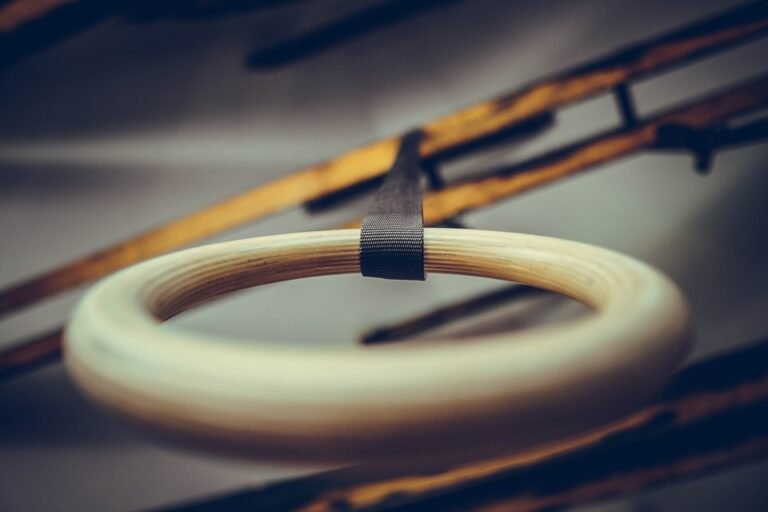
[ad_1]
Nutrition for Muscle Repair
When it comes to repairing and building muscles, proper nutrition plays a vital role in the process. Nutrition for muscle repair is not just about protein shakes and supplements; it encompasses a well-rounded diet that provides essential nutrients to support the recovery and growth of muscles. In this article, we will explore the importance of nutrition for muscle repair, the key nutrients involved, dietary strategies, and frequently asked questions to help you optimize your muscle recovery and overall performance.
The Importance of Nutrition for Muscle Repair
Proper nutrition is crucial for muscle repair because it provides the necessary building blocks for the body to recover from exercise-induced damage and adapt to the training stimulus. Without adequate nutrition, the body may struggle to repair and rebuild muscle tissue, leading to prolonged recovery times and potential setbacks in progress.
Key Nutrients for Muscle Repair
Several key nutrients play a critical role in supporting muscle repair and recovery. These include:
- Protein: The foundation of muscle repair, protein provides the essential amino acids needed for tissue regeneration and growth.
- Carbohydrates: A primary energy source for exercise, carbohydrates replenish glycogen stores and support the recovery process.
- Fats: Essential for hormone production and overall health, healthy fats contribute to the body’s repair and rebuilding processes.
- Vitamins and minerals: Micronutrients such as vitamin C, vitamin D, calcium, and iron are essential for various physiological functions, including muscle repair and recovery.
Dietary Strategies for Optimal Muscle Repair
To optimize muscle repair and recovery through nutrition, it’s essential to focus on a well-balanced diet that incorporates the key nutrients mentioned above. Here are some dietary strategies to support muscle repair:
- Consume an adequate amount of protein with each meal to support muscle protein synthesis.
- Incorporate high-quality sources of carbohydrates to replenish glycogen stores after intense workouts.
- Include healthy fats such as avocados, nuts, and olive oil in your diet for overall health and recovery.
- Eat a variety of fruits and vegetables to ensure adequate intake of essential vitamins and minerals.
- Stay properly hydrated to support cellular function and overall recovery processes.
Nutrition for Muscle Repair FAQs
What are the best sources of protein for muscle repair?
The best sources of protein for muscle repair include lean meats, poultry, fish, eggs, dairy products, legumes, and plant-based protein sources such as tofu and tempeh.
How important are carbohydrates for muscle repair?
Carbohydrates are essential for replenishing glycogen stores and supporting muscle recovery. They provide the energy needed to fuel intense workouts and promote recovery processes post-exercise.
Can fats impact muscle repair and recovery?
Healthy fats play a crucial role in hormone production and overall health, which indirectly impacts muscle repair and recovery. Including sources of healthy fats in your diet can support the body’s repair processes.
What role do vitamins and minerals play in muscle repair?
Vitamins and minerals are involved in various physiological processes, including muscle repair and recovery. Ensuring adequate intake of these micronutrients is vital for supporting overall health and performance.
How does hydration affect muscle repair?
Proper hydration is essential for cellular function, nutrient transport, and overall recovery processes. Staying adequately hydrated supports the body’s repair and rebuilding mechanisms.
Are there specific dietary patterns that support muscle repair?
While individual dietary needs may vary, focusing on a well-balanced diet that incorporates a variety of nutrient-dense foods can support muscle repair and recovery. Adhering to a dietary pattern that meets your individual needs and preferences is key.
Conclusion
Optimizing nutrition for muscle repair is a crucial aspect of any training program. By prioritizing the consumption of essential nutrients such as protein, carbohydrates, fats, vitamins, and minerals, individuals can support their body’s repair and recovery processes, ultimately enhancing overall performance and progress. Incorporating the dietary strategies outlined in this article can help individuals maximize the benefits of nutrition for muscle repair and achieve their fitness goals.
[ad_2]